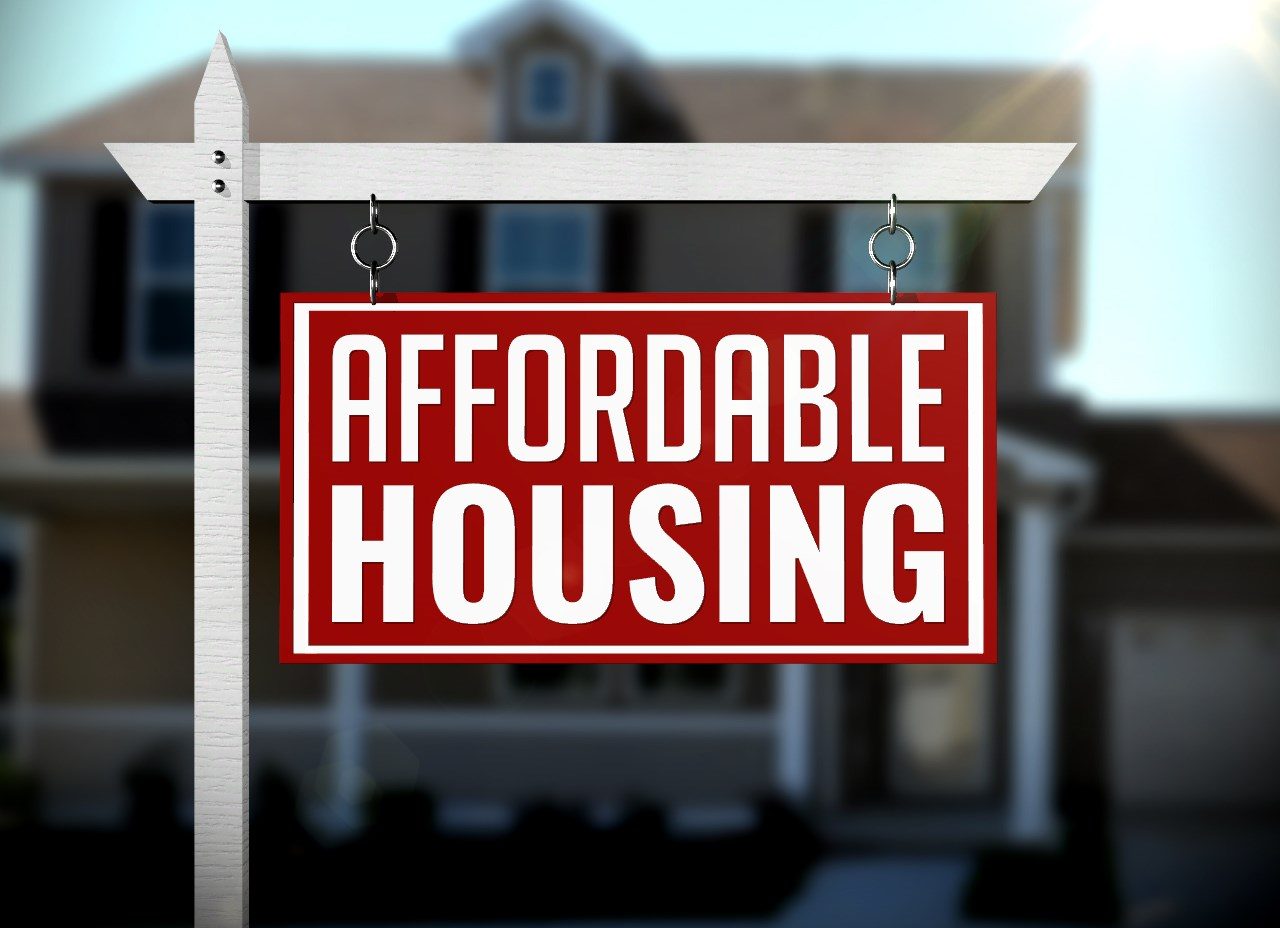 Senators Ben Cardin (D-MD) and Todd Young (R-IN) introduced legislation to create a new tax incentive that would produce 500,000 starter homes in under-resourced communities over the next decade. The Neighborhood Homes Investment Act ("Neighborhood Homes") would address the needs of families throughout the country who are struggling to purchase homes as costs continue to rise and the supply of homes remains limited.
Senators Ben Cardin (D-MD) and Todd Young (R-IN) introduced legislation to create a new tax incentive that would produce 500,000 starter homes in under-resourced communities over the next decade. The Neighborhood Homes Investment Act ("Neighborhood Homes") would address the needs of families throughout the country who are struggling to purchase homes as costs continue to rise and the supply of homes remains limited.
"Everyone deserves a safe and affordable place to call home. Our bipartisan tax credit will drive housing investments and revitalize neighborhoods across Maryland while keeping them affordable for low- and moderate-income families," said Senator Cardin. "This credit will allow individuals in these communities to build equity and wealth for their families. We must continue to make it more attractive to invest in the communities that need it most."
In many areas, the cost to build or rehab a home exceeds the price at which the home could be sold once completed. The new tax credit would help fill that "value gap" – up to 35% of eligible development costs for new homes – thus reducing the developer's risk of loss and encouraging investments in new and rehabbed housing. This will result in making homeownership more feasible and support broader revitalization and economic development strategies in disinvested urban and rural communities.
"Across Indiana, we have seen once-vibrant neighborhoods struggle under poor economic conditions and lack of investment. The Neighborhood Homes Investment Act would help restore these communities by directing private capital into neighborhoods in low-income census tracts, bridging the gap between the cost of renovation and neighborhood property values,"said Senator Young. "This legislation also includes important guardrails to ensure that tax incentives target the families that need it most, continuing the work to avoid the negative and lasting consequences that a lack of safe, affordable housing has on Hoosier families."
Joining Senators Cardin and Young as original co-sponsors of the legislation were Senators Ron Wyden (D-OR), Jerry Moran (R-KS) and Sherrod Brown (D-OH). Similar legislation introduced in the previous session of Congress was co-sponsored by 133 Members of the House and Senate from 37 different states, from Delaware to North Dakota to California.
Under Neighborhood Homes:
- Tax credits would be awarded to project sponsors through statewide competitions administered by state housing finance agencies.
- Sponsors, which could include developers, lenders, or local governments, would use the credits to raise capital for their projects, and investors would claim the credits against their federal income taxes.
- The credits can only be claimed for homes developed or rehabilitated in eligible low-income communities, and only after the homes are sold and occupied by lower or middle-income families.
"It is vital that we, as a country, make equitable investments in our housing infrastructure — both for the stability of our economy and the well-being of families and communities across the country," said Kris Siglin, VP of Policy and Partnerships for the National Community Stabilization Trust. "Neighborhood Homes encourages private investments in communities that would not otherwise have access to this kind of capital, creating new opportunities for families to put down roots in their own homes, strengthen their communities and build wealth for the future."
The Neighborhood Homes Coalition estimates that the legislation would support a substantial economic impact over the next 10 years.
The 500,000 homes that would be developed or rehabbed would:
- Spur $125 billion in total development activity.
- Support 861,000 jobs in construction and construction-related industries.
- Create $56 billion in wages and salaries.
- Produce $26 billion in federal and $12 billion in state and local tax revenues and fees.
"Neighborhood Homes is particularly important right now given the nation's deepening affordable housing crisis, much of which is the result of insufficient housing investments in recent decades," said Matt Josephs, Senior VP for Policy for the Local Initiatives Support Corporation. "This legislation is the first step in mitigating the devastating impact that the crisis – worsened by last year's record inflation rates – has had on first time and minority home buyers across the country, especially those in marginalized communities."
To read the full report, including more information about the Neighborhood Homes Investment Act, click here.

 theMReport.com Your trusted source for mortgage banking news
theMReport.com Your trusted source for mortgage banking news








